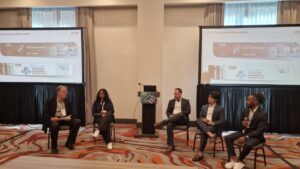The global pivot toward sustainable transportation and renewable energy has given a boost to lithium-ion batters and in turn construction of gigafactories. The Global Summit on Gigafactory Design & Construction was held in Berlin, Germany on April 18-19, 2024. It emerged as a critical convergence point for industry pioneers to tackle this challenge of growing demand. Uniting leading companies, innovators, and decision-makers, this flagship two-day event featured a comprehensive agenda. It was laser-focused on accelerating gigafactory development. This article will dive into The Global Summit On Gigafactory Design & Construction sessions and value addition for the attendees. So, let’s dive in.
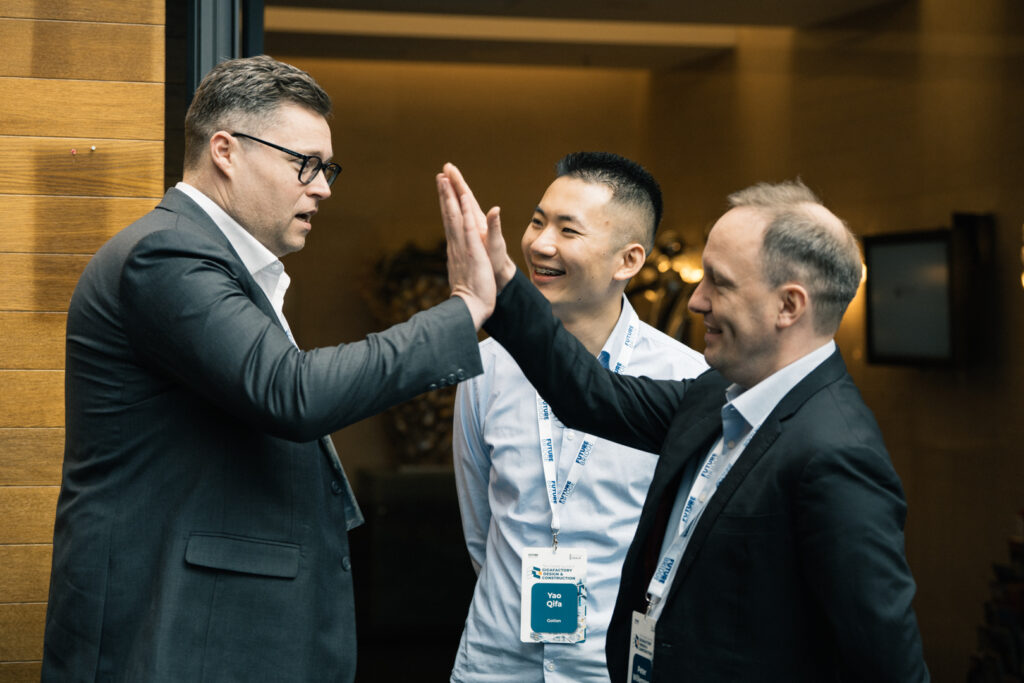
Sessions at The Global Summit on Gigafactory Design & Construction
The Global Summit On Gigafactory Design & Construction featured a comprehensive agenda covering various aspects of gigafactory design, construction, and operations. They were delivered through insightful case studies, expert panels, and engaging discussions. So, let’s look at them in depth:
Examining the rise of gigafactories
Lars Carlstrom, Founder & CEO of Italvolt, delved into the challenges and opportunities in building battery manufacturing facilities. He discussed the progression of gigafactory construction & development and the burgeoning battery market and energy storage potential. He also discussed the joint research initiatives and focused alliances driving innovation.
Challenges in Adapting Equipment from Chinese suppliers for application in European factories
Peter Willemsen, Global COO of Gotion, shared insights on the challenges of adapting equipment from Chinese suppliers for application in European factories. He provided an overview of Gotion. Furthermore, the highlight was the hurdles in the global supply chain for battery/cell equipment and regulatory differences between Europe and China. The focus was also given on the lessons learned from importing equipment from China.
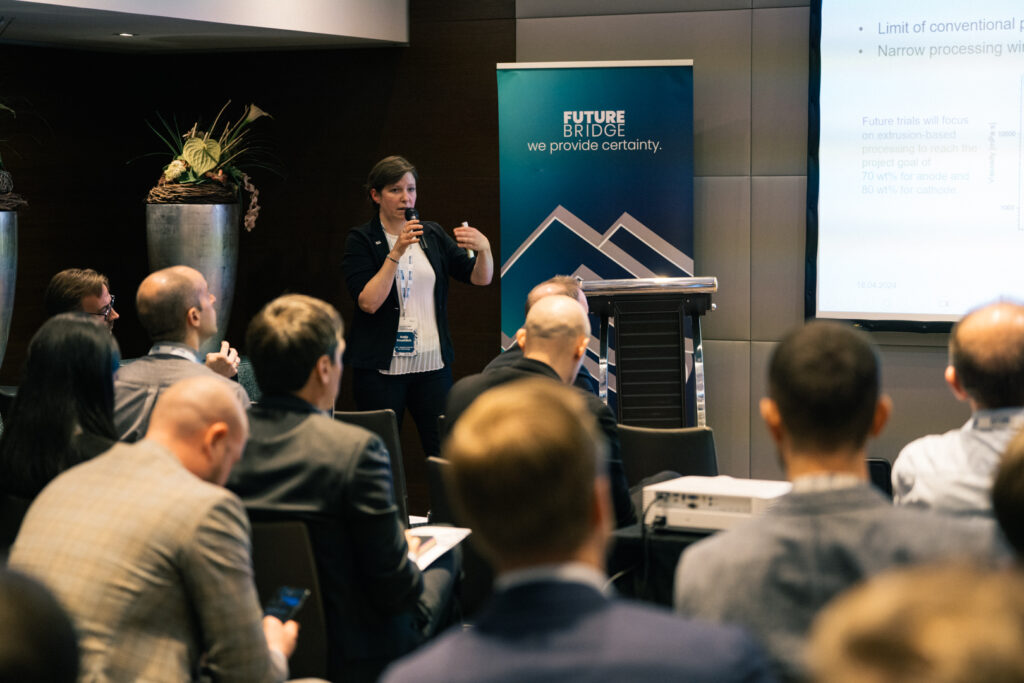
VENDOR SESSION: EPCM Engagement in Gigafactory Development
This vendor session explored the importance of EPCM engagement in gigafactory development and construction. Furthermore, the focus was on:
- Navigating sustainability regulations and standards
- Setting adequate climate targets and decarbonization scenarios
- Tracking and measuring decarbonization progress
- And managing environmental and climate-related risks
It applied to engineering services providers and contractors in The Global Summit On Gigafactory Design & Construction.
FIRESIDE CHAT: Optimal Gigafactory Design and Engineering: Perspectives from Ola Electric
In a fireside chat, Vishal Chaturvedi, Senior Director of the New Business Initiative at Ola Cell Technologies, shared his perspectives on optimal gigafactory design and engineering. He addressed key factors to consider during the design and construction phase. He also addressed avoiding overly complex designs and optimizing space and layout for efficient operations. It is to maximize energy efficiency and also ensure scalability to meet rising battery production demands.
A focus on the complexities of humidity management and control in battery manufacturing
Hassan Ahmed, Clean and Dry Room Manager at Northvolt shed light on the complexities of humidity management and control in battery manufacturing. Moreover, he discussed:
- Comprehensive strategies for integrated humidity and contamination control
- Identifying and managing risks, designing airflow patterns tailored to process layouts,
- And exploring the best dehumidification technologies.
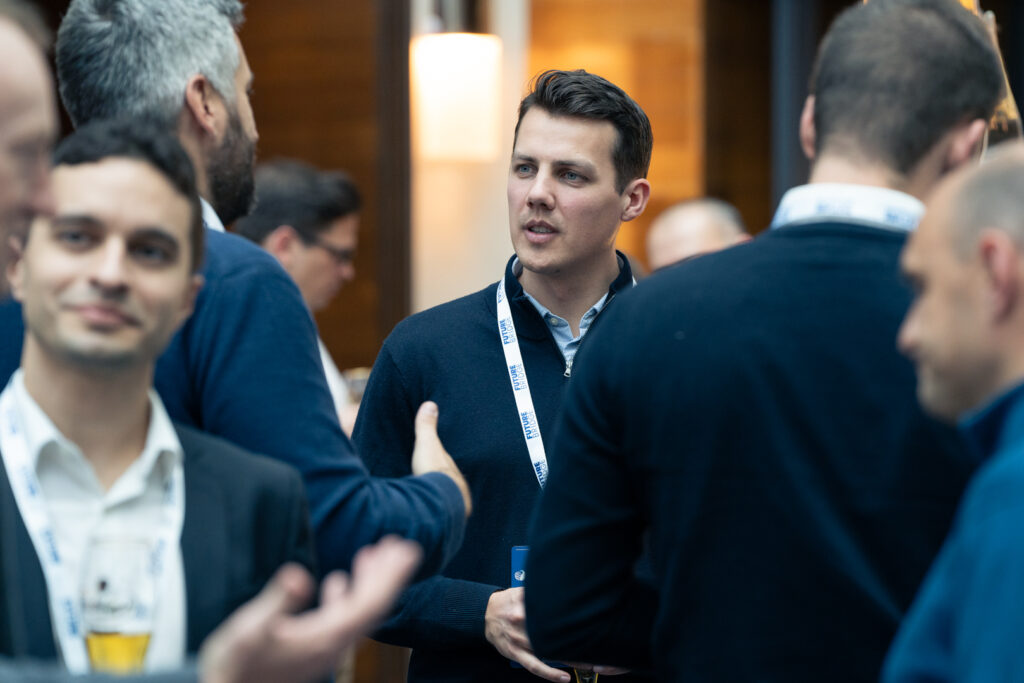
VENDOR SESSION: Innovative solutions for advanced humidity control in dry rooms
A vendor session showcased innovative solutions for advanced humidity control in dry rooms. Furthermore, experts shared insights on:
- Applying cutting-edge dehumidification technologies
- Implementing energy-efficient designs compliant with required standards
- Effective strategies for continuous analysis of facility systems data
- And achieving optimal design and performance of airflow.
It stood relevant to humidity control systems providers, HVAC systems providers, and also sensor and control systems providers for monitoring in The Global Summit On Gigafactory Design & Construction.
Exploiting residual heat to reduce energy requirements and influence of plant location on energy efficiency
Evgeny Malyshev, Dry Room Expert at ACC – Automotive Cells Company, discussed exploiting residual heat. This is to reduce energy requirements and the influence of plant location on energy efficiency. Furthermore, he introduced industry problems, general numbers, and solutions for different regions and countries. He also gave examples from various fields.
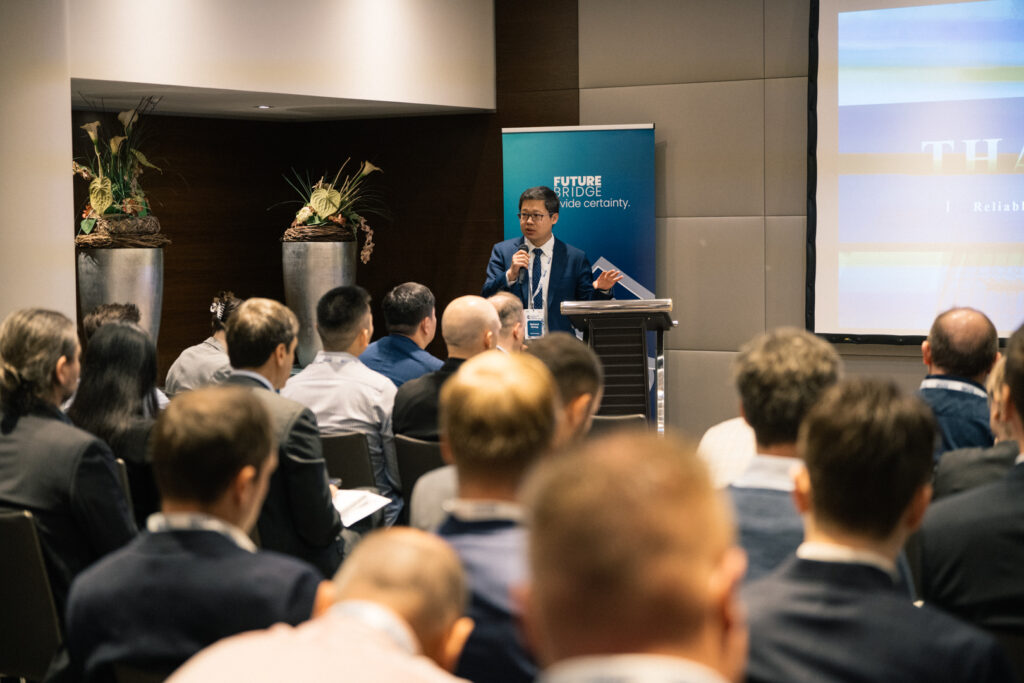
A focus on best practices, development, and use of battery manufacturing equipment
This session focused on best practices, development, and use of battery manufacturing equipment. Furthermore, the topics included were:
- Optimal equipment and material sourcing and procurement
- Strategies for selecting equipment based on material composition
- Design, supply, and installation of technological equipment
- And tackling the challenge of equipment supply shortages.
VENDOR SESSION: Energy Efficiency and Sustainability: A priority in HVAC dry room design
Experts addressed energy efficiency and sustainability in the vendor session as priorities in HVAC dry room design. They explored improving the energy efficiency of HVAC systems design and optimizing HVAC parameters for best performance. They also examined developing technologies for increased efficiency, and innovative cost-cutting strategies. Additionally, the session applied to engineering companies, dry room design and construction companies, and HVAC companies.
Enabling resilient, sustainable processes for battery manufacturing facilities
Katja Fröhlich, Thematic Coordinator for Sustainable and Smart Battery Manufacturing at AIT Austrian Institute of Technology, shared insights on enabling resilient, sustainable processes for battery manufacturing facilities. Moreover, she discussed:
- Leveraging innovative solutions for unlocking greater energy efficiency
- Best practices for sustainable and cost-efficient lithium-ion battery cell production,
- Developing innovative dry room concepts,
- Efficient strategies for cleaner, optimized, and energy-efficient production.
Addressing the challenges of designing and engineering large-scale manufacturing facilities
This session addressed the challenges of designing and engineering large-scale manufacturing facilities. Experts shared unique approaches to planning, designing, and engineering larger plants. It accelerates construction with prefabricated components and implements smart engineering solutions to shorten construction timelines. It also leverages the benefits of digital twins in construction projects.
Sustainable and energy-efficient battery gigafactories
Richard Zhang, Managing Director of EVE Germany, delivered a keynote address on sustainable and energy-efficient battery gigafactories. Furthermore, he explored key strategies for achieving positive Net Zero goals:
- Planning for the implementation of renewable energy sources
- Implementing strategies to minimize carbon footprints
- Adopting sustainable manufacturing practices
- And designing effective energy management systems for enhanced performance
Energy Renaissance perspectives for the future era of battery gigafactories
Christian Collison, Chief Manufacturing Officer at Energy Renaissance, shared his perspectives on the future era of battery gigafactories. Furthermore, he discussed why Australia is a suitable location for battery manufacturing and the roadmap for Australian raw materials. He also talked about battery manufacturing in Australia, Australian batteries for Australian conditions, Energy Renaissance battery applications, and cybersecurity concerns.
VENDOR SESSION: Ensuring a controlled environment for precise and safe manufacturing conditions
Experts discussed ensuring a controlled environment for precise and safe manufacturing conditions. They covered maintaining optimal temperature and humidity control and strategies for preventing moisture and particle contamination. They also discussed meeting design and engineering requirements, and testing and validation processes. Furthermore, the session applied to engineering companies, dry room design & construction companies, HVAC companies, and humidity and contamination control and management companies.
Cost-modeling for the construction and operations of gigafactories
Deshan Naidoo, CEO of Afrivolt, shared insights on cost modeling for the construction and operations of gigafactories. He discussed forecasting manufacturing costs and evaluating the current and future states of technology. Additionally, he discussed exploiting data for creating accurate forecasts and maximizing gigafactory efficiency.
Building and navigating a resilient battery supply chain
This session explored building and navigating a resilient battery supply chain. Experts shared strategies for fostering cooperation with local, regional, and global stakeholders. They also talked about forming strategic partnerships and ecosystems and adapting to tightened markets and geopolitical shifts. Additionally, the discussion went further on implementing key strategies for a resilient and competitive supply chain.
VENDOR SESSION: Prioritizing energy efficiency and sustainability in cleanroom design
In the session, experts discussed prioritizing energy efficiency and sustainability in cleanroom design. Furthermore, they shared key strategies for:
- Designing energy-efficient cleanrooms,
- Enhancing the energy efficiency of HVAC systems design,
- Adopting a customized approach for more energy-efficient and sustainable cleanroom environments,
- And exploring emerging technologies to boost efficiency.
The session stood relevant to cleanroom design and construction companies and HVAC companies.
Fostering digitalization for scalable and sustainable battery manufacturing
Jonathan Krauss, Head of the Department for Digitalization in Battery Cell Production at Fraunhofer FFB, discussed fostering digitalization for scalable and sustainable battery manufacturing.
A focus on best practice design and engineering of production processes in battery gigafactories
This session focused on best practices for the design and engineering of production processes in battery gigafactories. Experts shared insights on identifying and optimizing production processes for increased manufacturing efficiency. Furthermore, they discussed on:
- Establishing quality assurance processes for consistent products and industry compliance,
- Integrating new technologies and innovations into manufacturing processes,
- And key strategies for a resilient and competitive supply chain.
VENDOR SESSION: Energy management in new gigafactory environment design
Experts discussed energy management in a new gigafactory environment design. They discussed:
- How to use energy-efficient machinery and equipment for industrial processes
- Manage heat recovery and utilization of heat waste
- How to integrate renewable energy and energy storage systems
- Design high-efficiency HVAC systems
- Execute energy-efficient building designs.
It stood relevant to suppliers of smart monitoring and control systems, engineering firms, HVAC firms, and also renewable energy storage providers.
CLOSING PANEL DISCUSSION
A panel discussion about managing supply chain risks, the obstacles the sector faces, and solutions to these problems marked the Global Summit On Gigafactory Design & Construction’s conclusion.
How Does Attending Such Summits Help Attendees?
Going to industry events like The Global Summit on Gigafactory Design & Construction can help professionals stay up-to-date. At these events, they can listen to experts discuss key strategies. They can also learn from real-world examples. Furthermore, they can find new ways to solve problems they face at work. They can also get a wider view of their industry. Moreover, they can see chances to grow or work together with others in their companies. This happens by hearing different viewpoints and also experiences.
The net-zero events also help people cooperate and make partnerships. So attendees can meet new people and find new business opportunities. Many times, these events also have seminars and displays from vendors. As a result, this allows attendees to see the latest products, services, and innovations related to their work. Furthermore, they can interact directly with suppliers. Moreover, they can decide if they want to partner or invest based on what they learn.
ALSO READ: Recap And Insights From The 2nd Scope 3 Emission Reduction Summit
To Sum Up
During The Global Summit on Gigafactory Design & Construction, the industry demonstrated its dedication to promoting sustainability and innovation in the building and management of gigafactories. So, it will be essential for experts in this field to attend future events focusing on reaching net zero emissions and adopting sustainable practices. This is because the demand for energy storage systems and electric cars continues to surge.

